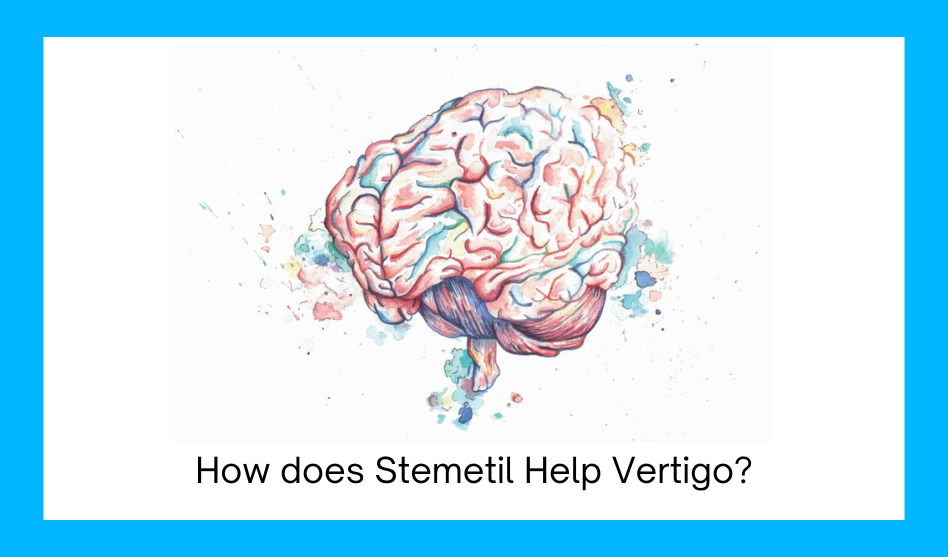When we have vertigo, there’s incorrect messages coming from the inner ears to the eyes, to the spinal column, and to the brain. The message doesn’t feel right. It can make us feel like we’re spinning or bobbing. It’s quite an aggressive feeling and it really can make us feel like we’re unsafe. So, in that moment, vertigo is almost always transient and temporary. Vestibular suppressant medications, such as Stemetil, actually stop those messages from functioning. It suppresses them so that the ears are no longer talking to the eyes, spinal column, and brain as effectively.
I would not recommend this for recovery because it stops true recovery — it stops the messages, it stops the talking, and we want the ears, eyes, brain, and spine communicating. A vestibular suppressant, such as Stemetil, could be useful if you absolutely have to go on a bus journey or you absolutely have to do something and you have active vertigo and you want to suppress it in that very temporary situation — just so that you can get from A to B without vomiting or without feeling very nauseous and sick. The Stemetil could be a temporary situation-specific solution that helps to suppress the system. But if used in the long-term, it can lead to conditions, such as Parkinson’s disease, because we’re actually stopping the communication between the ears, eyes, brain, and spine, and some of those brain centers are vulnerable. So, vestibular suppressant medications should be used absolutely at a minimum, especially if we want to use neuroplasticity to heal and reestablish new balance pathways.

